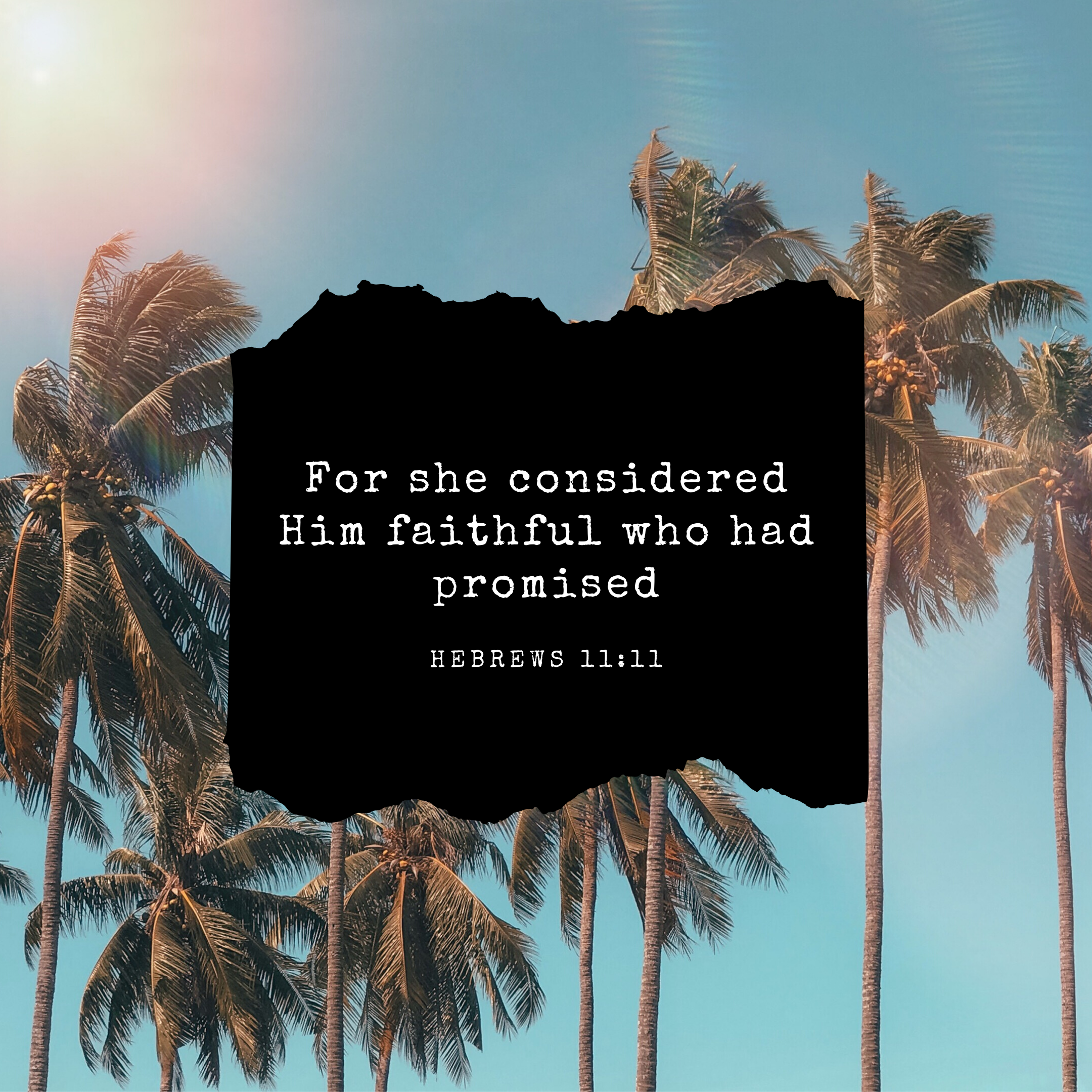The day Adam and Eve succumbed to Satan’s temptation, God’s Kingdom on earth was turned upside down. Since then, the halls of time have echoed with the treacherous dealing of the powerful against the weak. We walked this painful path early in Genesis with Hagar and Sarah. And even now, while none of us need to look far to hear the echoes of this oppressive sin, some of us need not look farther than our own front door.
Oppression has a sickening heartbeat. But, when we lock arms with the women who walked this path first, the women of Genesis, perhaps surprisingly we hear whispers of hope for our today.
The Bible describes Leah as a “hated” woman. Leah first appears in Scripture when, by means of deception and dishonesty, she was given in marriage to a man who did not want her. Used as a pawn by her father, and then hated by her husband, no doubt insecurities and shame must have rumbled like a freight train through her heart and mind. Her husband loved another, but had been tricked into marrying Leah.

Leah was stuck. Unloved. Despised. Rejected.
In a culture that prized women solely for the children they could bear, we catch a glimpse into Leah’s growing desperation for love and approval as she names her first three children.
Reuben: “For now my husband will love me.”
Simeon: “Because the Lord has heard that I am hated, He has given me this son also.”
Levi: “Now this time my husband will be attached to me.”
Rejection is a pit, a chasm deep and dark. A place that would leave the strongest among us feeling desperate. Desperate for love and attention. Desperate for acceptance and good standing. Desperate to not be the one hated. Desperation driven by rejection. The Bible records Leah as the first woman to ask the age old question that haunts the heart of every woman, “Am I loved?”
Perhaps you know the rotting despair of this question. Perhaps you have had a father who mistreated you, or a husband who rejected you. A boss who demeaned you, or a friend who maligned you. A church who shamed you, or a sister-in-Christ who betrayed you. If this is the case, then Leah’s story is your story.
As the fires of rejection burn, we come to realize that all we hoped would bring us love and worth is completely incapable of doing so. The raging fire drives us into the Presence of God, and there we find Jesus. Our Savior. At that moment, His sweet Presence ignites our praise.

Praise is the hinge that swings wide the door so that God’s sustaining grace floods in.
Listen to Leah as the hinges turn and she names her fourth child.
Judah: “This time I will praise the Lord.”
This is the thing, you don’t need to find your way out of shame and anguish to find your voice of praise. Leah was no more loved on the day she named Judah than on the day she named Simeon, “Now my husband will love me.” When our lives are miserable and disagreeable, praise reaffirms in our hearts all that is glorious and beautiful. Sometimes, the most beautiful praise ignites from the fierce heat of suffering.
If the fires are raging, and you feel unloved, despised, and rejected, follow the example of Leah. This time, praise the Lord. Stop singing the song of shame and surrender to the chorus of Praise. In the deepest valley, hear His songs of love wash over you, and open your weary heart to echo back His glory and beauty with increasing joy.
Praise will douse the fires of shame and rejection, but ignite the fires of beauty and glory. Read His Word, listen to worship, and spend time in fellowship. You will be reminded of you whose you are and who you are, Beloved of God!

The Lord your God is in your midst,
a mighty one who will save;
he will rejoice over you with gladness;
he will quiet you by his love;
he will exult over you with loud singing.
Zephaniah 3:17










